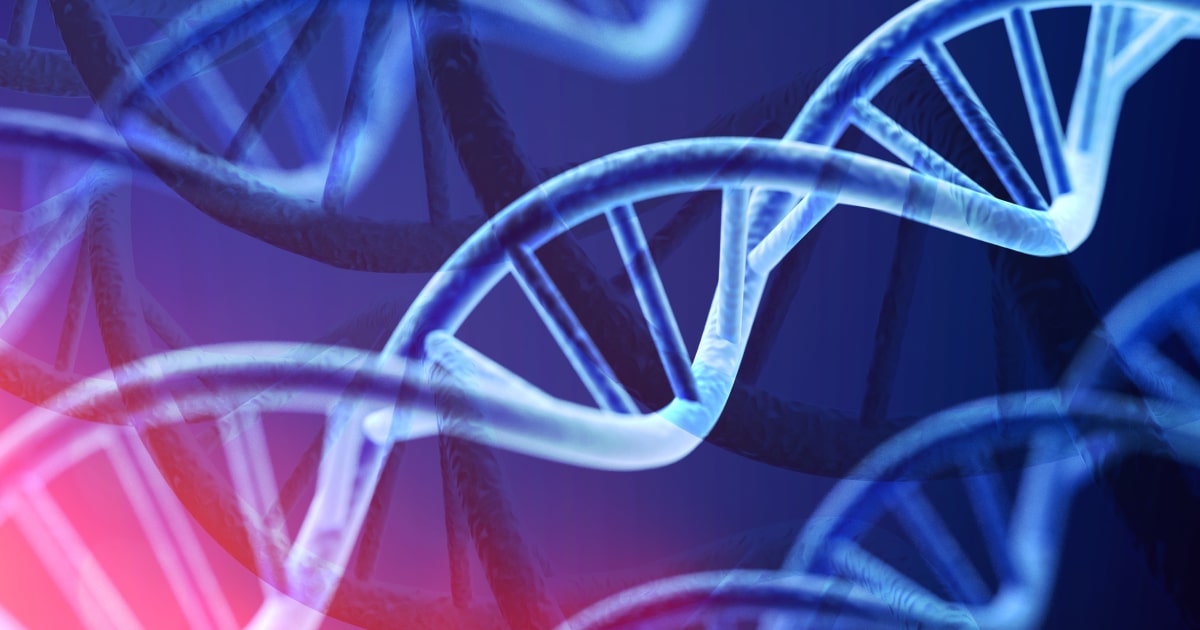
Expert Reviewed By: Dr. Brandon Colby MD
Aicardi-Goutières Syndrome 7 (AGS7) is a rare genetic disorder that manifests primarily in the central nervous system and skin, often mimicking congenital viral infections. It is part of a group of conditions known as interferonopathies, which result from inappropriate activation of the immune system. Genetic testing has emerged as a powerful tool in diagnosing and managing AGS7, offering hope for patients and families affected by this challenging condition.
Understanding Aicardi-Goutières Syndrome 7
AGS7 is one of the several types of Aicardi-Goutières Syndrome, each caused by mutations in different genes. This specific type is linked to mutations in the IFIH1 gene, which plays a crucial role in the immune response. Symptoms often include developmental delay, neurological issues, and skin abnormalities. The condition is typically diagnosed in infancy or early childhood, and early detection is crucial for managing symptoms and improving quality of life.
The Importance of Genetic Testing
Genetic testing has revolutionized the field of medical diagnosis, particularly for rare genetic disorders like AGS7. By analyzing the DNA of affected individuals, healthcare providers can identify specific mutations responsible for the condition. This not only aids in accurate diagnosis but also helps in understanding the disease's progression and potential treatment options.
Accurate Diagnosis
One of the primary benefits of genetic testing in AGS7 is the ability to provide a definitive diagnosis. Given the overlap of symptoms with other neurological disorders, traditional diagnostic methods can be challenging and time-consuming. Genetic testing allows for a precise identification of the IFIH1 mutation, confirming the presence of AGS7 and distinguishing it from other conditions.
Guiding Treatment Plans
Once a diagnosis is confirmed, genetic testing can guide treatment plans. For instance, recent studies have shown that Tofacitinib, a JAK 1/3 inhibitor, has effectively improved psoriatic skin lesions in a patient with AGS7. This finding opens up new possibilities for treatment, especially for patients who do not respond well to traditional JAK 1/2 inhibitors. Genetic testing can help identify individuals who may benefit from such targeted therapies.
Family Planning and Genetic Counseling
Genetic testing is invaluable for family planning and genetic counseling. Since AGS7 is a hereditary condition, understanding the genetic mutations involved can help families make informed decisions about future pregnancies. Genetic counseling can provide families with information on the likelihood of passing the condition to offspring and discuss options for prenatal testing.
Future Directions in AGS7 Research
The ongoing research into AGS7 and the role of the IFIH1 gene continues to shed light on potential therapeutic approaches. As more is understood about the genetic underpinnings of the syndrome, the development of targeted treatments becomes increasingly feasible. The use of genetic testing not only facilitates current treatment options but also paves the way for future innovations.
In conclusion, genetic testing plays a pivotal role in the diagnosis and management of Aicardi-Goutières Syndrome 7. It provides clarity in diagnosis, aids in developing personalized treatment plans, and supports families in making informed decisions. As research progresses, the hope is that these advancements will lead to improved outcomes and quality of life for those affected by this challenging condition.
For further reading on the recent advancements in AGS7 treatment, you can refer to the study available at PMC11967008.
About The Expert Reviewer
Dr. Brandon Colby MD is a US physician specializing in the personalized prevention of disease through the use of genomic technologies. He’s an expert in genetic testing, genetic analysis, and precision medicine. Dr. Colby is also the Founder of and the author of Outsmart Your Genes.
Dr. Colby holds an MD from the Mount Sinai School of Medicine, an MBA from Stanford University’s Graduate School of Business, and a degree in Genetics with Honors from the University of Michigan. He is an Affiliate Specialist of the American College of Medical Genetics and Genomics (ACMG), an Associate of the American College of Preventive Medicine (ACPM), and a member of the National Society of Genetic Counselors (NSGC)